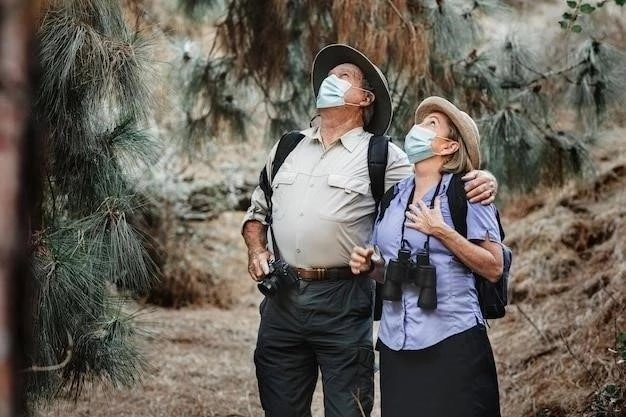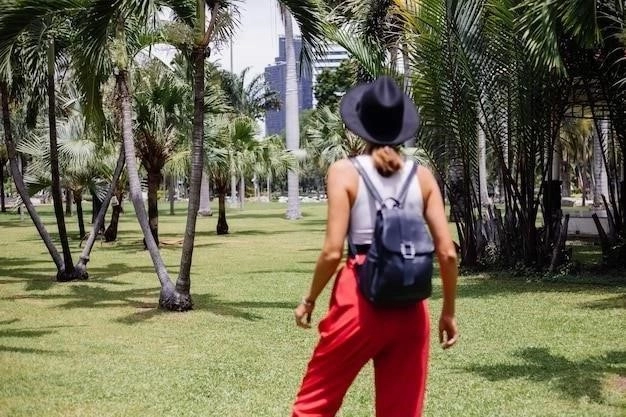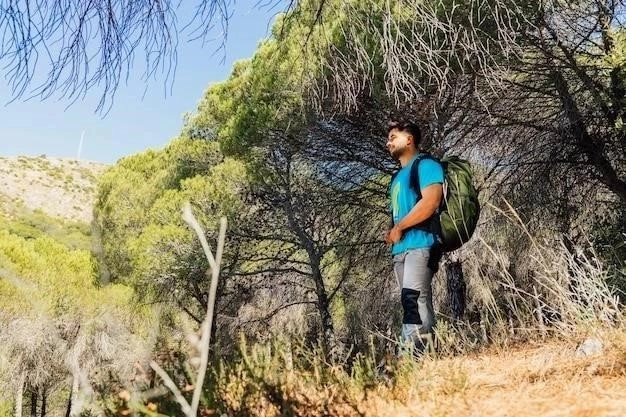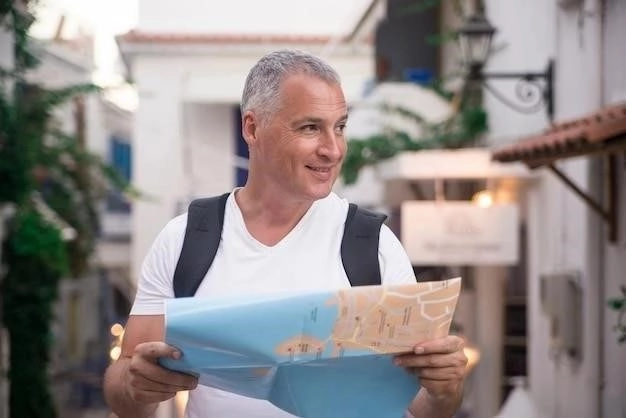Indonesia Travel Guide 2024
Renowned for its breathtaking landscapes, vibrant culture, and welcoming people, Indonesia offers an unparalleled travel experience. This comprehensive guide provides essential information and inspiration for planning an unforgettable journey in 2024.
Planning Your Trip
A journey to the enchanting archipelago of Indonesia requires meticulous planning to ensure a seamless and enriching experience. From visa regulations to health recommendations, this section outlines the essential steps to prepare for your 2024 Indonesian adventure.
Research and Inspiration:
Begin by delving into the diverse offerings of Indonesia. Explore the iconic rice terraces of Bali, the Komodo dragons of Rinca Island, or the cultural heritage sites of Yogyakarta. Identify your interests, whether they lie in adventure, relaxation, cultural immersion, or a blend of everything in between. Leverage online resources, travel blogs, and official tourism websites to curate a personalized itinerary.
Best Time to Visit:
Indonesia experiences a tropical climate with distinct wet and dry seasons. Generally, the best time to visit most parts of Indonesia is during the dry season, which typically spans from April to October. However, certain regions, such as Bali, offer pleasant weather year-round. Consider your preferred activities and the specific destinations you plan to visit when determining the optimal time for your trip.
Travel Insurance:
Obtaining comprehensive travel insurance is non-negotiable. Ensure your policy covers medical emergencies, trip cancellations, lost baggage, and other unforeseen circumstances. Research reputable insurance providers and select a plan that aligns with your needs and budget. Carry a copy of your insurance policy and keep emergency contact information readily accessible.
Packing Essentials:
Pack light and prioritize essential items suitable for a tropical climate. Include lightweight and breathable clothing, comfortable walking shoes, swimwear, a hat, sunglasses, and sunscreen. Pack a reusable water bottle to stay hydrated and minimize plastic waste. Additionally, consider packing insect repellent, a first-aid kit, and any necessary medications.
Visa Requirements and Processes for 2024
Navigating Indonesia’s visa regulations is paramount to ensuring a smooth entry and a hassle-free stay. The following information pertains to tourist visas, the most common type for leisure travelers. It is crucial to verify the latest requirements based on your nationality well in advance of your departure.
Visa Exemptions:
Citizens of over 160 countries can enter Indonesia without a visa for tourism purposes for stays of up to 30 days, provided they hold a valid passport with at least six months of remaining validity and a return or onward ticket. This exemption applies to arrivals at designated airports and seaports. For an exhaustive list of eligible countries, refer to the official website of the Indonesian Directorate General of Immigration.
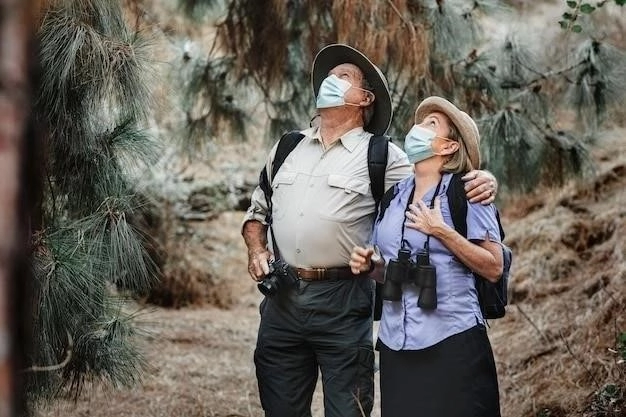
Visa on Arrival (VOA):
Nationals of eligible countries who plan to stay in Indonesia for tourism purposes for a maximum of 30 days can obtain a Visa on Arrival (VOA) upon arrival at designated entry points. The VOA costs USD 40 or the equivalent in other major currencies and can be extended once for an additional 30 days at an immigration office within Indonesia. It’s advisable to have the exact amount in cash readily available to avoid potential delays.
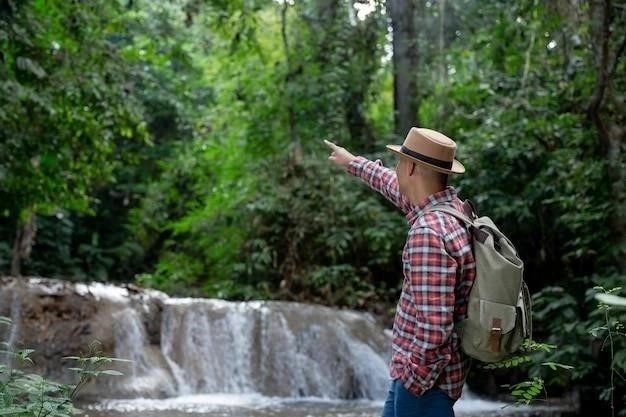
Electronic Visa (e-Visa):
Indonesia offers an electronic visa (e-Visa) system for citizens of certain countries, streamlining the visa application process. The e-Visa permits a stay of up to 30 days for tourism purposes and can be extended once for an additional 30 days. Applicants must apply and pay for the e-Visa online before their trip. Upon approval, the e-Visa is electronically linked to the applicant’s passport and can be presented upon arrival.
Understanding the Indonesian Tourism Fund (ITF)
As part of its commitment to enhancing the tourism sector and promoting sustainable practices, Indonesia is in the process of establishing an Indonesian Tourism Fund (ITF). While still under development, the ITF aims to bolster the industry’s resilience and competitiveness by supporting key areas such as infrastructure development, destination marketing, and human resource development. Understanding the purpose and potential impact of the ITF can provide valuable context for travelers.
Funding Sustainable Tourism Development:
The ITF is envisioned as a dedicated funding source to advance Indonesia’s tourism industry while upholding principles of sustainability and inclusivity. By investing in infrastructure projects that prioritize environmental protection and community engagement, the ITF aims to create a more balanced and responsible tourism model.
Enhancing the Visitor Experience:
The ITF’s focus on destination marketing and promotion seeks to attract a wider range of discerning travelers to explore the archipelago’s hidden gems. By showcasing Indonesia’s rich cultural heritage, natural wonders, and commitment to sustainable tourism practices, the ITF aims to position the country as a premier global destination.
Supporting Local Communities:
A key objective of the ITF is to ensure that tourism development benefits local communities across Indonesia. This includes creating employment opportunities, fostering entrepreneurship, and preserving cultural heritage. By empowering local communities to participate in the tourism value chain, the ITF seeks to create a more equitable and inclusive industry.
Health and Safety Precautions for Travelers
Prioritizing health and safety is paramount when traveling to Indonesia, ensuring a worry-free and enjoyable experience. By taking necessary precautions and staying informed about potential health risks, travelers can focus on embracing the wonders of this captivating archipelago.
Vaccinations and Health Advice:
Consult your healthcare provider well in advance of your trip to receive personalized recommendations for vaccinations and preventive medications. Routine vaccinations, such as Hepatitis A and B, Typhoid, and Tetanus, are generally recommended for travelers to Indonesia. Additionally, depending on your itinerary and planned activities, your doctor might suggest vaccinations or prophylaxis for diseases like Rabies, Japanese Encephalitis, or Malaria. Stay updated on any health advisories or outbreaks issued by your government’s travel health department.
Food and Water Safety:
To prevent traveler’s diarrhea and other foodborne illnesses, adhere to strict food and water safety measures. Consume food from reputable establishments and opt for thoroughly cooked dishes. Avoid consuming unpeeled fruits and vegetables, and only drink bottled or purified water. When in doubt, choose hot beverages over cold ones, as boiling effectively kills most harmful bacteria.
Sun Protection and Heat Precautions:
Indonesia’s tropical climate necessitates diligent sun protection. Apply a broad-spectrum sunscreen with a high SPF, wear a wide-brimmed hat, sunglasses, and seek shade during peak sun hours. Stay hydrated by drinking plenty of water, especially when engaging in outdoor activities. Be mindful of the symptoms of heat exhaustion and heatstroke, and seek medical attention immediately if you experience dizziness, nausea, or headaches.
Currency Exchange and Budgeting Tips
Understanding Indonesia’s currency and navigating financial transactions efficiently is essential for a seamless travel experience. By familiarizing yourself with exchange rates, budgeting strategies, and local payment methods, you can optimize your spending and make informed financial decisions throughout your journey.
Indonesian Rupiah (IDR):
The official currency of Indonesia is the Indonesian Rupiah (IDR), denoted by the symbol “Rp.” Banknotes are commonly used for larger transactions, while coins are used for smaller purchases. It’s advisable to have a mix of denominations on hand for convenience. Familiarize yourself with the current exchange rates before your trip to make informed currency conversions.
Currency Exchange:
Currency exchange services are widely available in Indonesia, with banks, authorized money changers, and airports offering competitive rates. It’s generally advisable to exchange currency upon arrival at the airport or at reputable banks and money changers in major cities. Be wary of unauthorized vendors and always count your money carefully after each transaction.
Budgeting and Cost of Travel:
The cost of travel in Indonesia can vary significantly depending on your travel style, choice of accommodation, and preferred activities. As a general guideline, budget travelers can expect to spend around USD 25-40 per day, while mid-range travelers can anticipate spending between USD 50-100 per day. Luxury travelers should budget accordingly, as high-end accommodations and experiences can significantly increase expenses.
Transportation Options within Indonesia
Navigating Indonesia’s sprawling archipelago requires careful consideration of transportation options, each offering a unique perspective on this diverse nation. From bustling city streets to tranquil islands, understanding the various modes of transport will enhance your journey and allow you to experience the country’s full splendor.
Air Travel:
Indonesia boasts an extensive network of domestic airlines, connecting major cities and islands with varying degrees of frequency and affordability. Full-service carriers, budget airlines, and regional airlines cater to diverse budgets and itineraries. When planning your flights, consider factors such as baggage allowances, flight schedules, and potential delays, especially during peak seasons.
Ferries and Boats:
Island hopping is synonymous with exploring Indonesia, and ferries provide an essential mode of transport between its many islands. State-owned ferry operators and private companies offer a range of services, from basic ferries to more comfortable fast boats. Check schedules and book tickets in advance, particularly during peak seasons or when traveling to remote destinations. Be prepared for varying sea conditions, and consider packing motion sickness medication if necessary.
Land Transportation:
Within cities and towns, a plethora of land transportation options await. Metered taxis are widely available, but ensure the meter is running or negotiate a fare before starting your journey. Ride-hailing services, such as Grab and Gojek, offer convenient and reliable transportation options, often with transparent pricing. For shorter distances or a more immersive experience, consider using Angkots (shared minivans) or Bemos (three-wheeled vehicles).
Exploring the Islands
Indonesia, a sprawling archipelago of over 17,000 islands, offers an unparalleled tapestry of natural wonders, cultural treasures, and adventure opportunities. From the iconic rice terraces of Bali to the Komodo dragons of Rinca Island, each island holds a unique allure, beckoning travelers to embark on a journey of discovery and wonder. This section unveils a glimpse into the captivating destinations that await, inspiring your island-hopping adventures.
Bali: The Island of Gods:
Bali, renowned as the “Island of Gods,” captivates travelers with its mystical charm, breathtaking landscapes, and vibrant cultural tapestry. From the iconic rice terraces of Ubud to the pristine beaches of Nusa Dua, Bali offers a harmonious blend of spirituality, adventure, and relaxation. Explore ancient temples, immerse yourself in traditional dance performances, indulge in rejuvenating spa treatments, or simply soak up the sun on idyllic shores.
Java: The Cultural Heartland:
Java, the most populous island in Indonesia, pulsates with cultural heritage, ancient wonders, and bustling cities. Explore the magnificent Borobudur and Prambanan temples, remnants of a glorious past. Discover the majestic Mount Bromo, an active volcano offering breathtaking sunrise views. Immerse yourself in the vibrant city of Yogyakarta, renowned for its traditional arts and crafts. From historical landmarks to natural splendor, Java invites travelers to delve into the heart of Indonesian culture.
Lombok: The Unspoiled Paradise:
Lombok, often referred to as Bali’s quieter neighbor, entices travelers seeking pristine beaches, rugged landscapes, and a taste of authentic Indonesian life. Hike to the summit of Mount Rinjani, an active volcano offering panoramic views, or relax on the idyllic shores of the Gili Islands, renowned for their crystal-clear waters and vibrant marine life. Experience the warmth of Sasak culture, known for its traditional weaving and pottery.

Bali: Beyond the Beaches and Temples
While Bali’s pristine beaches and ancient temples rightfully draw global admiration, the Island of Gods unveils a world of hidden wonders and off-the-beaten-path experiences for the intrepid traveler seeking a deeper immersion into its soul.
Embrace the Artistic Heritage of Ubud:
Beyond its iconic rice terraces, Ubud pulsates with artistic energy. Wander through the Ubud Monkey Forest, home to playful macaques and ancient temples shrouded in verdant foliage. Immerse yourself in the world of Balinese art at the Ubud Art Market, a treasure trove of handicrafts, paintings, and sculptures. Witness the grace and artistry of traditional Balinese dance performances, a testament to the island’s rich cultural heritage.
Seek Serenity in Munduk:
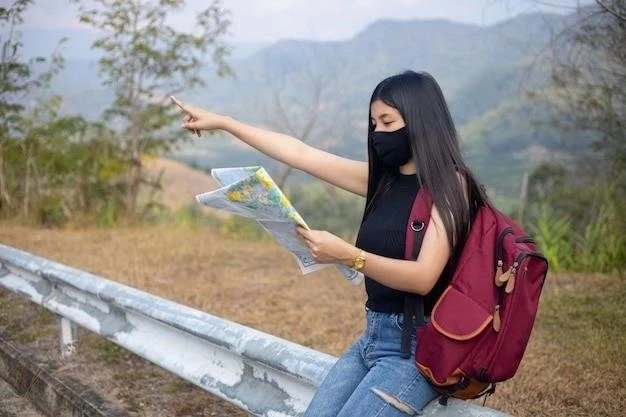
Escape the bustling crowds and discover the tranquil beauty of Munduk, a mountain village nestled amidst verdant rice paddies and cascading waterfalls. Trek through lush plantations of coffee, cloves, and vanilla, breathing in the fragrant air. Admire the breathtaking views of twin lakes, Tamblingan and Buyan, shrouded in mist and legend.
Discover the Underwater World of Nusa Penida:
Embark on a diving or snorkeling adventure to Nusa Penida, an island off the coast of Bali, renowned for its pristine coral reefs and abundant marine life. Swim alongside majestic manta rays, encounter playful dolphins, or marvel at the vibrant colors of tropical fish darting amongst the coral gardens. Nusa Penida’s underwater realm offers an unforgettable glimpse into Indonesia’s marine biodiversity.
Unveiling the Hidden Gems of Flores Island
Flores Island, nestled in the heart of the Indonesian archipelago, beckons adventurers and nature enthusiasts with its untamed beauty, ancient traditions, and off-the-beaten-path allure. Beyond the famed Komodo dragons, Flores unveils a tapestry of hidden gems, promising an unforgettable journey of discovery.
Witness Nature’s Masterpiece at Kelimutu Volcano:
Embark on an unforgettable trek to the summit of Kelimutu Volcano, home to three crater lakes, each shimmering with a distinct and ethereal hue. Witness the captivating spectacle of the lakes’ colors transforming with the changing light, a phenomenon attributed to volcanic gases and mineral content. The sunrise over Kelimutu is a sight to behold, casting an otherworldly glow upon the surrounding landscapes.
Dive into the Underwater Paradise of Riung:
Discover the hidden gem of Riung, a coastal town renowned for its pristine waters, secluded beaches, and the breathtaking Seventeen Islands Marine Park. Embark on a snorkeling or diving expedition to witness the vibrant coral reefs teeming with marine life, including colorful fish, sea turtles, and even the occasional reef shark. The tranquil islands offer secluded beaches, perfect for swimming, sunbathing, or simply unwinding amidst nature’s serenity.
Immerse Yourself in the Culture of Wae Rebo Village:
Venture into the heartland of Flores and discover the remote village of Wae Rebo, a testament to the island’s rich cultural heritage. Perched high in the mountains, Wae Rebo is home to the Manggarai people, known for their distinctive traditional houses, towering structures with conical thatched roofs. Experience the warmth and hospitality of the villagers, witness their ancient customs, and gain a deeper understanding of their unique way of life, untouched by time.
Exploring the Cultural Heritage of Central Aceh
Central Aceh, a region steeped in history and tradition, invites travelers to delve into the heart of Islamic culture in Indonesia. From ancient mosques and palaces to vibrant markets and traditional dance performances, Central Aceh offers a captivating glimpse into a rich cultural tapestry woven over centuries.
Discover the Grandeur of Baiturrahman Grand Mosque:
A testament to Aceh’s enduring faith, the Baiturrahman Grand Mosque stands as a symbol of resilience and architectural splendor. Its towering minarets, elegant domes, and expansive courtyards evoke a sense of awe and tranquility. Take time to admire the intricate calligraphy adorning its walls and immerse yourself in the peaceful ambiance of this spiritual sanctuary.
Unveil History at the Aceh Tsunami Museum:
The Aceh Tsunami Museum serves as a poignant reminder of the devastating 2004 Indian Ocean tsunami that profoundly impacted Aceh. Through interactive exhibits, photographs, and personal stories, the museum honors the memory of those lost while educating visitors about the science behind tsunamis and the importance of disaster preparedness.
Experience the Rhythms of Traditional Dance:
Central Aceh boasts a rich tradition of dance and music, offering a vibrant expression of its cultural heritage. Attend a performance of the Saman dance, a UNESCO-recognized Intangible Cultural Heritage of Humanity. The Saman dance is characterized by its synchronized movements, rhythmic clapping, and evocative chanting, creating a mesmerizing spectacle that will leave a lasting impression.
Eco-Adventures in Jember’s Natural Wonders
Jember Regency, nestled in the heart of East Java, Indonesia, beckons adventurers and nature enthusiasts with its captivating tapestry of natural wonders. From cascading waterfalls and volcanic craters to lush plantations and pristine beaches, Jember offers a sanctuary for eco-adventures and a chance to reconnect with the raw beauty of the natural world.
Chase Waterfalls and Explore Volcanic Landscapes:
Embark on a journey to Tumpak Sewu Waterfall, often hailed as Indonesia’s Niagara Falls. Marvel at the sheer power and majesty of this natural wonder as water cascades down a towering cliff face, creating a mesmerizing curtain of water and mist. Venture into the heart of Mount Bromo Tengger Semeru National Park, home to the iconic Mount Bromo, an active volcano offering breathtaking sunrise views over a surreal landscape of volcanic craters and undulating sand dunes.
Hike Through Lush Plantations and Discover Hidden Gems:
Immerse yourself in the lush greenery of Jember’s plantations, where coffee, cocoa, and tobacco thrive. Hike through the fragrant plantations, learning about the cultivation process and the local communities who depend on these crops for their livelihoods. Discover hidden gems like the Dira Waterfall, a secluded paradise tucked away in the rainforest, offering a refreshing escape from the tropical heat.
Relax on Pristine Beaches and Embrace Coastal Serenity:
Escape to the pristine beaches of Papuma, where turquoise waters lap against white sand beaches, fringed by dramatic rock formations. Relax on the shore, soak up the sun, and enjoy the tranquility of this coastal paradise. Witness the mesmerizing sunset over the horizon, casting a warm glow upon the waves, creating a picture-perfect end to your day of exploration.
Discovering the Riau Islands’ Golfing Paradise
The Riau Islands, an archipelago of idyllic islands scattered off the coast of Sumatra, offer a serene and picturesque escape for golf enthusiasts seeking a unique and unforgettable golfing experience. With world-class golf courses designed by renowned architects, stunning oceanfront settings, and a tranquil ambiance, the Riau Islands have emerged as a golfer’s paradise.
Tee Off Amidst Breathtaking Landscapes:
Experience the thrill of golfing amidst the breathtaking landscapes of the Riau Islands. Picture yourself teeing off against a backdrop of lush tropical rainforests, sparkling turquoise waters, and clear blue skies. The islands’ golf courses are renowned for their challenging yet rewarding designs, seamlessly integrating the natural beauty of their surroundings into the golfing experience.
Indulge in World-Class Facilities and Hospitality:
The Riau Islands are home to world-class golf resorts that cater to every need and desire of discerning golfers. From luxurious accommodations and exceptional dining experiences to state-of-the-art golfing facilities, including driving ranges, putting greens, and pro shops, these resorts offer unparalleled service and hospitality, ensuring a truly memorable golfing getaway.
Explore Beyond the Fairways:
While golf may be the main attraction, the Riau Islands offer a plethora of activities and attractions to explore beyond the fairways. Discover secluded beaches, embark on island-hopping adventures, or immerse yourself in the local culture and cuisine. Whether you’re seeking relaxation or adventure, the Riau Islands provide the perfect blend of leisure and excitement.
Experiencing Indonesian Culture
Indonesia’s cultural tapestry, woven from a vibrant blend of indigenous traditions, religious influences, and historical encounters, offers a captivating journey for those seeking to delve beyond its picturesque landscapes. Embrace the warmth of Indonesian hospitality, engage with ancient customs, and discover the soul of this enchanting archipelago through its people, their art forms, and daily life.
Embrace the “Gotong Royong” Spirit:
At the heart of Indonesian culture lies “Gotong Royong,” a deep-rooted spirit of communal cooperation and mutual assistance. Witness this principle in action in villages and cities alike, where neighbors help each other, communities gather for celebrations, and a shared sense of unity prevails. Engaging in conversations with locals, participating in community events, or simply observing daily life will unveil the profound impact of “Gotong Royong” on Indonesian society.
Delve into the World of Traditional Arts:
Indonesia’s artistic heritage, expressed through intricate batik textiles, expressive dances, and captivating shadow puppetry (wayang kulit), offers a window into its cultural soul. Seek out traditional performances, visit local craft workshops, or explore museums dedicated to preserving and showcasing these art forms. Engaging with artisans and witnessing their skills passed down through generations provide a profound appreciation for the depth and beauty of Indonesian artistry.
Navigate Social Etiquette with Respect:
Demonstrating respect for Indonesian customs and traditions is paramount when navigating social interactions. A few key gestures to remember include using your right hand for greetings and exchanging objects, removing your shoes before entering homes and places of worship, and dressing modestly, especially when visiting religious sites. A little cultural sensitivity goes a long way in fostering meaningful connections and ensuring a respectful and enriching travel experience.
Indulging in Indonesian Culinary Delights
Embark on a tantalizing culinary adventure through the Indonesian archipelago, where a symphony of flavors, aromas, and textures awaits. Influenced by ancient traditions, diverse cultures, and an abundance of fresh ingredients, Indonesian cuisine is a celebration of taste and a testament to the country’s rich heritage.

Savory Staples and Aromatic Spices:
Indulge in the national dish, Nasi Goreng, a fragrant fried rice dish infused with aromatic spices, often served with a fried egg, chicken satay, or prawn crackers. Sample Sate, grilled skewers of marinated meat, typically chicken, beef, or goat, served with a delectable peanut sauce. Don’t miss out on Rendang, a slow-cooked meat dish, often beef, simmered in a rich coconut milk gravy infused with a blend of lemongrass, galangal, ginger, and chilies, creating a depth of flavor that embodies the essence of Indonesian cuisine.
Regional Specialties and Culinary Adventures:
Venture beyond the well-known dishes and delve into the regional specialties that define Indonesia’s culinary tapestry. In Sumatra, savor the fiery flavors of Padang cuisine, featuring dishes like Rendang and Gulai, while Java offers a more delicate palate, with specialties like Gado-Gado, a vegetable salad with peanut sauce, and Soto Ayam, a fragrant chicken soup. Explore the diverse flavors of Indonesian cuisine by visiting local warungs (small restaurants), street food stalls, and traditional markets.
Tropical Fruits and Refreshing Drinks:
Quench your thirst with Indonesia’s abundance of tropical fruits, from juicy mangoes and pineapples to exotic dragon fruit and mangosteens. Savor freshly squeezed fruit juices or indulge in traditional beverages like Es Cendol, a refreshing dessert drink made with shaved ice, coconut milk, palm sugar, and green rice flour jelly.
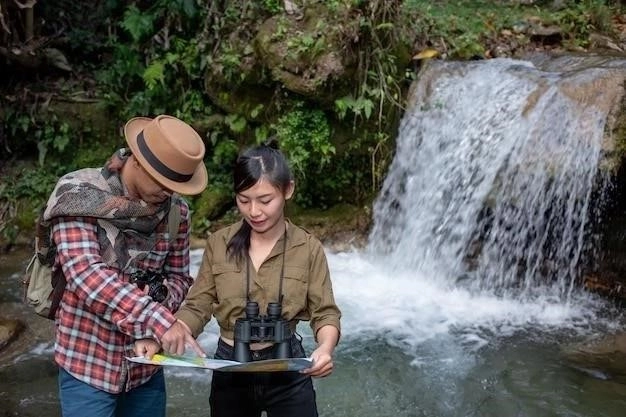
Witnessing Traditional Dance and Music Performances
Indonesia’s vibrant performing arts, passed down through generations and deeply embedded in its cultural fabric, offer a captivating window into the soul of the archipelago. Witnessing a traditional dance or music performance is an immersive experience that transcends language barriers, inviting you to connect with the heart and soul of Indonesia’s artistic heritage.
The Grace of Balinese Dance:
In Bali, the “Island of Gods,” dance is an integral part of daily life, intertwined with religious rituals, storytelling, and artistic expression. Attend a performance of the Legong dance, characterized by its intricate finger movements, expressive gestures, and elaborate costumes, or witness the Barong dance, a dynamic battle between good and evil represented by mythical creatures. The Kecak dance, performed by a chorus of men chanting rhythmically, creates a mesmerizing and spiritual atmosphere.
The Rhythms of Javanese Gamelan:
Experience the enchanting sounds of the Javanese Gamelan, a traditional orchestra featuring a mesmerizing ensemble of percussive instruments, including metallophones, drums, gongs, and bamboo flutes. The Gamelan orchestra accompanies Wayang Kulit, shadow puppetry performances that bring ancient epics and folklore to life. The intricate melodies, syncopated rhythms, and evocative storytelling of the Gamelan create an immersive and unforgettable auditory experience.
Exploring Regional Variations:
Beyond Bali and Java, each region of Indonesia boasts its unique dance and music traditions, reflecting its history, beliefs, and artistic expressions. From the dynamic warrior dances of Sumatra to the graceful movements of the Toraja people in Sulawesi, each performance offers a glimpse into the diverse cultural tapestry of Indonesia. Seek out local cultural centers, traditional villages, or inquire at your accommodation for recommendations on experiencing these captivating performances.
Exploring Local Markets and Handicrafts
Venturing into Indonesia’s bustling local markets and craft villages is an immersive experience that awakens the senses and offers a glimpse into the heart of Indonesian culture. From vibrant textiles and intricate carvings to aromatic spices and handcrafted jewelry, the archipelago’s markets are a treasure trove of unique souvenirs and a testament to the skill and artistry of its people.
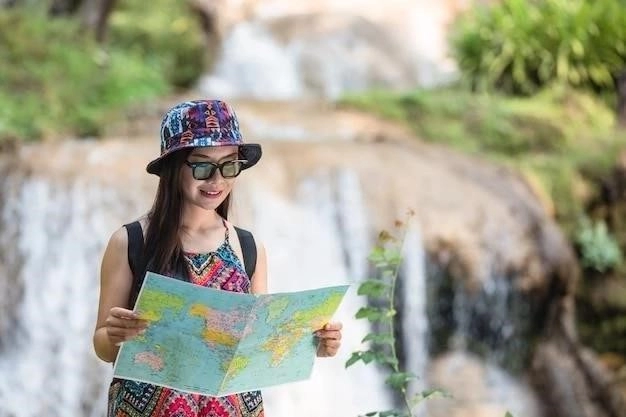
A Sensory Feast for the Soul:
Prepare to be captivated by the sights, sounds, and scents of Indonesia’s local markets. Wander through stalls overflowing with exotic fruits, fragrant spices, and freshly caught seafood. Engage with friendly vendors, practice your bargaining skills, and savor the authentic flavors of local delicacies. The markets are not merely places of commerce but vibrant social hubs where communities gather, stories are shared, and traditions are kept alive.
Handicrafts: A Testament to Artistry and Heritage:
Indonesia boasts a rich tradition of handicrafts, passed down through generations and reflecting the diverse cultural influences that have shaped the archipelago. Seek out intricately woven ikat textiles from Bali and Flores, marvel at the detailed wood carvings of Jepara in Java, or discover the vibrant batik fabrics of Yogyakarta. Each piece tells a story, embodying the skill, creativity, and cultural heritage of its maker.
Supporting Local Communities:
Purchasing handicrafts and souvenirs directly from local artisans not only allows you to take home a piece of Indonesia’s artistry but also supports local communities and helps preserve traditional crafts. Engage in conversations with the artisans, learn about their craft, and appreciate the time and skill required to create each unique piece. Your purchase becomes a meaningful memento of your journey and a contribution to the sustainable development of local economies.



